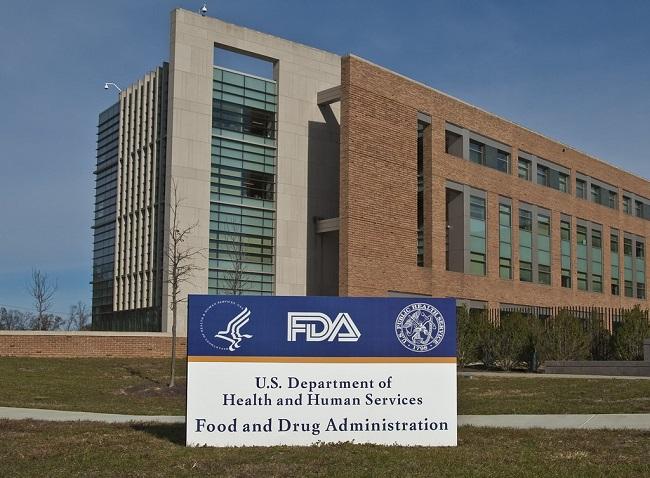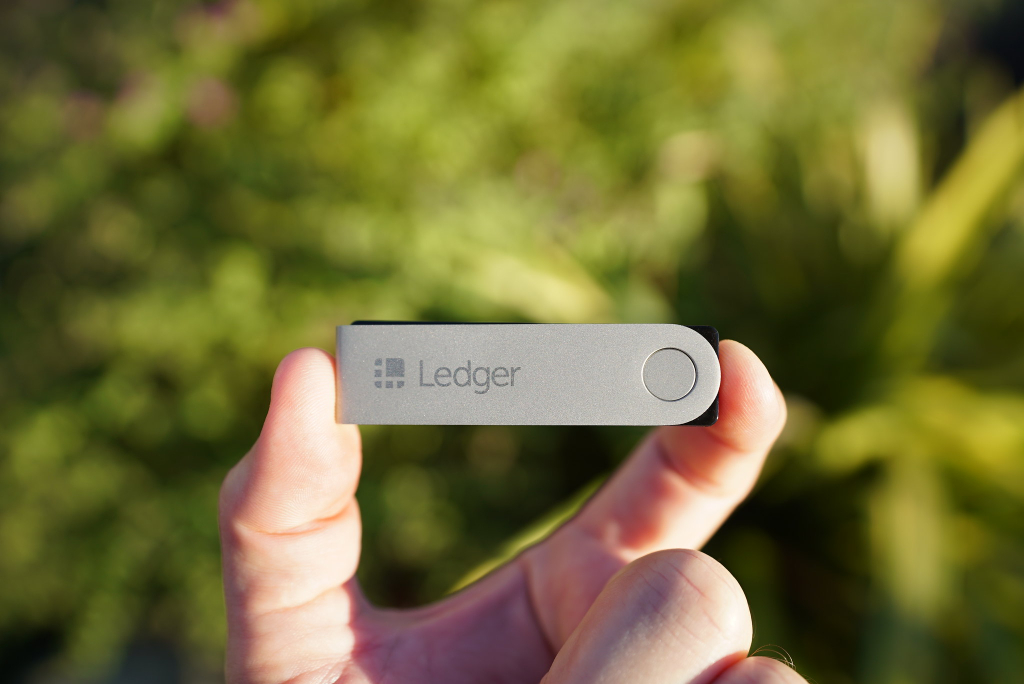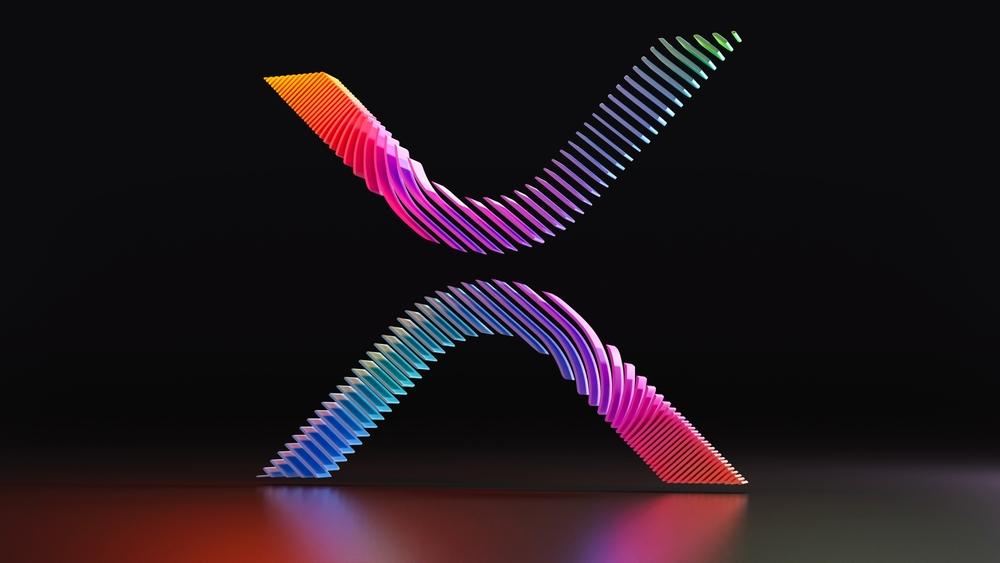The Food and Drug Administration (FDA) may use blockchain technology to improve the feedbacks and recalls of drugs and medical products.
Speaking at the Office of the National Coordinator for Health IT Third Interoperability Forum on August 22, Principal Deputy Commissioner Dr. Amy Abernethy revealed that the FDA is planning to streamline the communication process between healthcare providers, drug manufacturers, and regulatory agencies.
In addition, Abernethy, who is also the agency's acting chief information officer, said that in this facet of modernization, the agency plans to launch uses of artificial intelligence, APIs, and blockchain.
“I want FDA to get our own technical house in order so that tech can ‘snap in’ – we can be agile and efficient. We need to be able to have common interfaces with industry so we can pass data between our organizations, have collaborative review, etc.,” she said.
Emphasizing that data quality is a key component to electronic health records (EHRs), Abernethy said that quality needs to be improved over time. She noted that “traceability back to source allows for the ability to crosscheck, workflow solutions.” As such, blockchain’s immutable ledger can be used to verify data quality that comes from different sources.
She also suggested a communication system where regulators can supply data and information in real-time. The move aims to hasten the review process as FDA agents can easily exchange messages with medical manufacturers.
“As we start to clarify the interfaces for the FDA, we anticipate a landscape where the data are submitted via an API, the FDA reviewers can exchange messages with sponsors in real-time, getting quick answers to questions, and elements of the review package and response letters are generated in electronic environments,” she said.
Abernethy also emphasized the importance of interoperability in EHR that could help improve surveillance and decide if medical products need to be recalled or product label changed. She believes that enhanced data flows can result in more targeted and patient-centered outcomes.
The modernization plan is expected to be rolled out “in the next month or two.”
Meanwhile, earlier this year, pharmaceutical giant Boehringer Ingelheim has teamed up with IBM Canada to look into the use of blockchain technology in clinical trials that would provide a decentralized framework that enables data integrity, provenance, transparency, and patient empowerment as well as automation of processes, ultimately improving trial quality and patient safety at a reduced cost.



























Comment 0